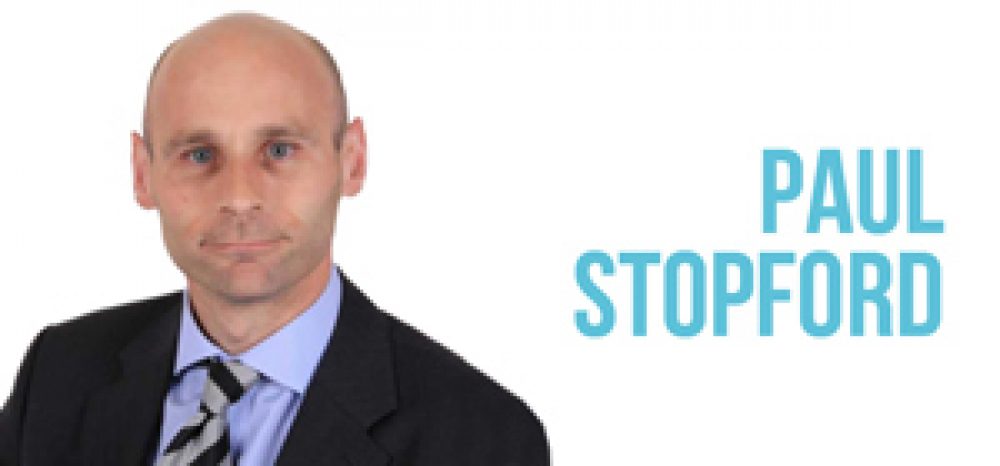Some commentators are taking the view that, recently, Ofsted has focused too heavily on full time 16-18 programmes, and has neglected the complexities of general FE. One particular college has been downgraded from “Outstanding” in 2007 to “Inadequate” this year.
The inspection report suggests a biase towards the 16-18 provision, which accounts for a third of the college’s activity by student numbers. Interestingly, adult and employer programmes, which together accounted for two thirds of student numbers, had high performance and a trend of improvement. A private training provider with these kind of Employer Responsive grades would be graded as “Outstanding”, and yet this college is now “Inadequate”.
A different college was graded as “Outstanding” in late 2010 and had improved its 16-18 provision (22% of student numbers) to above average. Its Train to Gain provision (54% of student numbers) had declined to below average. A private training provider with these results would not have secured an “Outstanding” grade.
Perhaps this begs two questions: firstly, are we standardising inspection reports in the right way to ensure a like-for-like comparison between providers; and secondly, is Ofsted too closely aligned to the school sectors to be fully able to appreciate, and judge the more disparate provision which is found across FE?
There is, though, a third question, and that is around the focus, and ultimately, the purpose of inspection. Focuses are changed like knickers (ie, frequently, regardless of whether strictly necessary).
The focus now is the standard of teaching, learning and assessment, and few would deny that in an industry which revolves around teaching, learning and assessment that this is important. But there is a danger that, in the laudable quest for excellent teaching, the inspection regime might prescribe too narrow and too rigid a view of what that teaching should look and feel like.
I am currently reading Douglas Hurd’s excellent memoirs, which may or may not suggest a character flaw. I am struck by Hurd’s recollections of the teaching at Eton in the 1940’s. Hurd writes about the “mechanical” nature of the teaching, and of learning long Greek and Roman speeches by heart and translating them into English.
I would venture to suggest that if such a class was discovered in a functional skills session in some hidden recess of my college, it might not fare well under inspection. And yet Hurd says, “I learned more about the English language from studying the classics than from any number of English lessons.” I have my tongue firmly in my cheek as I write this, because I am not saying that by giving my noisy level 1 hairdressers and engineers a classical education, we will transform them into retired Foreign Secretaries who write interesting memoirs.
What I am saying, is that the art, the craft, the science (or whatever it is) of teaching is a wide one and that to take too narrow or too prescriptive a view of how it should be done is a fatuous exercise. And I am worried that this is going to happen.
My college recently went through a QAA IQER Summative Review of its HE provision (0.4% of student numbers since you ask). One might argue that they made a bit of a meal of it but we learned so much. You see, it was a dialogue rather than an inspection, and clever people that these HE folk are, they had us do most of the work for them.
It helped us to focus on how we might build quality into our programmes rather than trying to inspect defects out. And as any student of W Edwards Deming knows (although such knowledge would not come from a classical education), that is not a new concept. It’s just one that we need to be allowed to discover in FE.
Paul Stopford, Vice Principal at Telford College of Arts and Technology.
He writes in a personal capacity.









Your thoughts